Skin care is an essential aspect of our daily routine, and it plays a significant role in maintaining healthy and radiant skin. However, the beauty industry has traditionally focused on a narrow definition of beauty, often neglecting the diverse range of skin concerns faced by individuals from different ethnicities and backgrounds. In recent years, there has been a growing awareness of the need for inclusive skincare approaches that cater to the unique needs of every individual. This article aims to explore the importance of inclusive skincare and provide actionable tips to address diverse skin concerns effectively.
Table of Contents
- Introduction: Embracing Diversity in Skincare
- Understanding Diverse Skin Concerns
- The Impact of Representation in Skincare
- Inclusive Skincare Products and Ingredients
- Customizing Skincare Routines for Different Skin Types
- Addressing Hyperpigmentation and Uneven Skin Tone
- Managing Acne and Breakouts in All Skin Types
- Nurturing Aging Skin with Inclusive Approaches
- Sun Protection for Every Skin Tone
- Overcoming Barriers to Inclusive Skincare
- The Role of Dermatologists and Skincare Experts
- Holistic Wellness and Skincare
- Embracing Natural and Sustainable Skincare Practices
- Empowering Self-Acceptance and Body Positivity
- Conclusion
1. Introduction: Embracing Diversity in Skincare
The concept of beauty varies across cultures and ethnicities, and it’s important to acknowledge and celebrate this diversity. Inclusive skincare goes beyond a one-size-fits-all approach and recognizes the unique challenges faced by individuals with different skin types, tones, and concerns. By embracing diversity in skincare, we can promote self-confidence and empower individuals to care for their skin in a way that suits their specific needs.
2. Understanding Diverse Skin Concerns
Diverse skin concerns encompass a wide range of issues such as hyperpigmentation, acne, dryness, sensitivity, and aging. It’s crucial to understand the underlying causes and triggers of these concerns to develop effective solutions. Factors like genetics, environmental influences, lifestyle choices, and cultural practices can all contribute to the unique characteristics of one’s skin.
3. The Impact of Representation in Skincare
Representation matters in skincare. When individuals see themselves reflected in advertising, marketing campaigns, and product offerings, they feel validated and recognized. The beauty industry has made strides towards inclusivity, but there is still work to be done. By featuring diverse models and embracing a variety of skin concerns in their messaging, brands can create a more inclusive and welcoming environment for all.
4. Inclusive Skincare Products and Ingredients
To address diverse skin concerns, skincare brands should focus on formulating products that cater to different skin types and tones. This includes developing moisturizers, cleansers, serums, and treatments that are suitable for oily, dry, combination, sensitive, and mature skin. Inclusive skincare products should also take into account specific concerns such as hyperpigmentation, acne, and sun protection.
5. Customizing Skincare Routines for Different Skin Types
Customization is key when it comes to inclusive skincare. One-size-fits-all approaches often fall short in addressing individual needs. By understanding their skin type, individuals can tailor their skincare routines accordingly. For instance, oily skin may require oil-free products and targeted treatments, while dry skin may benefit from rich moisturizers and hydrating serums.
6. Addressing Hyperpigmentation and Uneven Skin Tone
Hyperpigmentation and uneven skin tone are common concerns for individuals with diverse skin tones. To address these issues, skincare routines should incorporate ingredients like vitamin C, niacinamide, and kojic acid, which can help brighten the skin and even out pigmentation. It’s important to use these ingredients consistently and follow a diligent skincare regimen for optimal results.
7. Managing Acne and Breakouts in All Skin Types
Acne can affect individuals of all skin types, and it’s crucial to approach its management with inclusivity in mind. Skincare routines for acne-prone skin should include gentle cleansers, non-comedogenic moisturizers, and targeted treatments like salicylic acid or benzoyl peroxide. It’s also essential to avoid harsh scrubbing and popping pimples, as these practices can lead to further inflammation and scarring.
8. Nurturing Aging Skin with Inclusive Approaches
Aging is a natural process that affects everyone, regardless of their ethnicity or background. Inclusive skincare for aging skin involves nourishing ingredients like retinol, hyaluronic acid, and peptides. These ingredients can help improve elasticity, reduce the appearance of fine lines and wrinkles, and promote a youthful complexion. Embracing aging as a beautiful journey and celebrating diverse representations of mature skin is also crucial for fostering self-acceptance.
9. Sun Protection for Every Skin Tone
Sun protection is essential for maintaining healthy skin and preventing sun damage. Inclusive sunscreens should offer broad-spectrum protection and be suitable for all skin tones. Physical sunscreens with zinc oxide or titanium dioxide can provide a barrier against harmful UV rays, while also minimizing the risk of white cast on deeper skin tones. Regular application and reapplication of sunscreen are vital for effective sun protection.
10. Overcoming Barriers to Inclusive Skincare
Despite the progress made in the realm of inclusive skincare, there are still barriers that need to be addressed. Limited product availability, lack of education, and affordability concerns can prevent individuals from accessing skincare that meets their specific needs. By advocating for inclusivity, supporting diverse brands, and promoting skincare education, we can work towards breaking down these barriers.
11. The Role of Dermatologists and Skincare Experts
Dermatologists and skincare experts play a crucial role in providing guidance and professional advice for individuals with diverse skin concerns. Seeking professional help can help individuals understand their skin better, receive personalized recommendations, and address specific issues effectively. Dermatologists can also contribute to the development of inclusive skincare products and advocate for diversity within the industry.
12. Holistic Wellness and Skincare
Skincare is not just about external treatments but also about overall well-being. A holistic approach to skincare includes factors like nutrition, stress management, sleep, and exercise. By adopting healthy lifestyle habits and nurturing overall wellness, individuals can enhance the effectiveness of their skincare routines and achieve optimal skin health.
13. Embracing Natural and Sustainable Skincare Practices
Inclusive skincare also involves embracing natural and sustainable practices. This includes choosing skincare products that are cruelty-free, eco-friendly, and free from harmful chemicals. By supporting brands that prioritize ethical and sustainable practices, individuals can contribute to a more inclusive and environmentally conscious beauty industry.
14. Empowering Self-Acceptance and Body Positivity
Promoting self-acceptance and body positivity is essential in inclusive skincare. Every individual deserves to feel confident and beautiful in their own skin, regardless of societal beauty standards. By celebrating diverse representations of beauty and encouraging self-love, we can create a more inclusive and empowering skincare community.
15. Conclusion
Inclusive skincare is about recognizing and addressing the diverse range of skin concerns faced by individuals from different backgrounds. By embracing diversity, offering inclusive products, and promoting self-acceptance, we can create a skincare industry that caters to everyone’s unique needs. Let’s celebrate the beauty of diversity and work towards a more inclusive future in skincare.

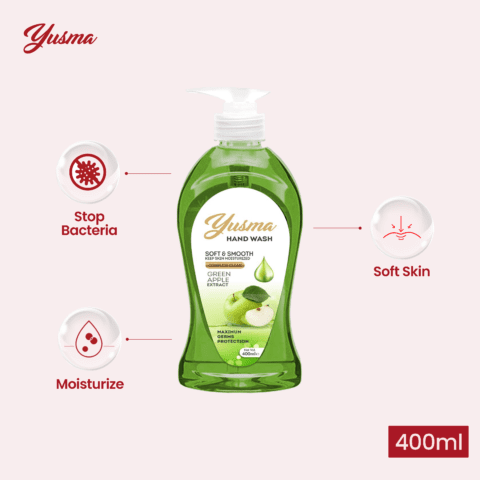
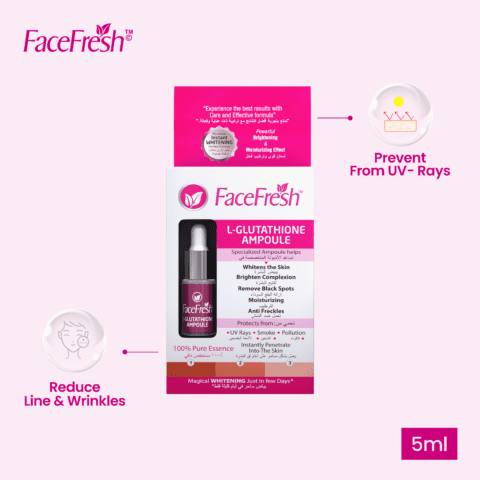
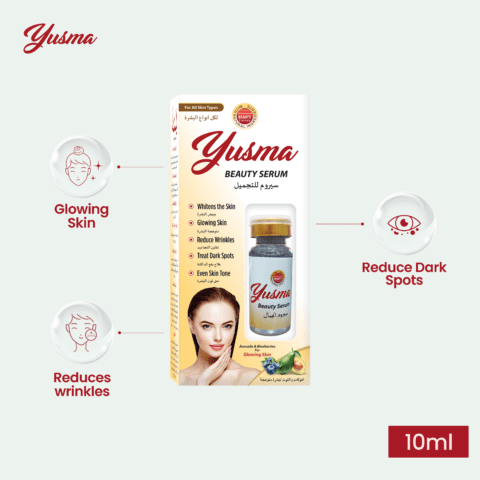
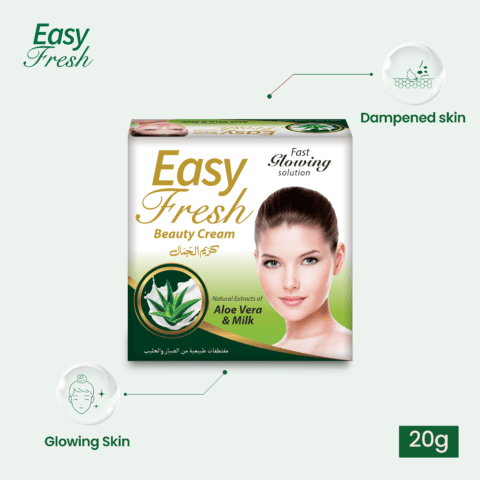
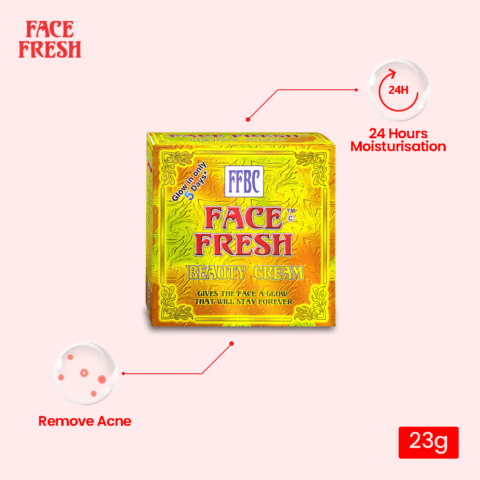

Leave a comment
Your email address will not be published. Required fields are marked *